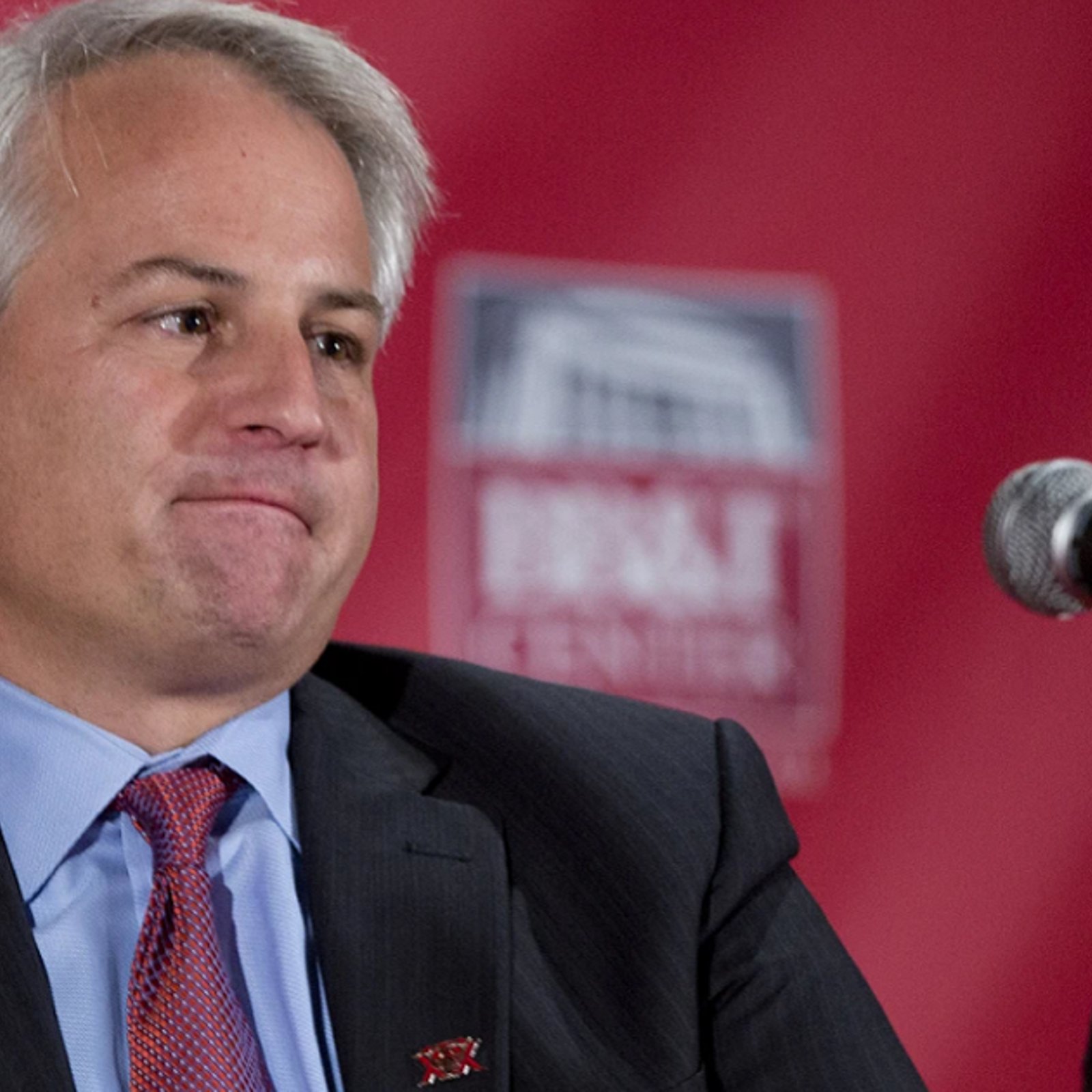
LeBron James and Drake sued over “Black Ice” hockey movie
The pair are accused of stealing in a $10 million lawsuit.
HockeyFeed
NBA superstar and rap superstar Drake are both the subjects of a $10 million lawsuit brought on by former NBA Players Association leader Billy Hunter over the rights to their film "Black Ice."
The film, which is to released at the Toronto Film Festival later this week, tells the story of a segregated league for black players the Colored Hockey League, which existed from 1895 until the 1930s. Hunter alleges that James and Drake stole the film's property rights from him and cut him out of any potential profits.
“While the defendants LeBron James, Drake and Maverick Carter [LeBron’s business partner] are internationally known and renowned in their respective fields of basketball and music, it does not afford them the right to steal another’s intellectual property,” says the suit filed by Hunter’s attorney, Larry Hutcher.
The documentary is based on the critically acclaimed book "Black Ice: The Lost History of the Colored Hockey League of the Maritimes" and Hunter alleges that he paid authors George and Darril Fosty $265,000 for exclusive film rights. Hunter claims that the Fostys cut him out of a potential partnership with James and Drake.
“I don’t think they believed the property rights would be litigated. They thought I would go away. They gambled,” Hunter, 79, who also briefly played professional football in the 1960s, told The New York Post.
Hunter goes on to say that he was told by the production team that because James' and Drake's film is a 'documentary' that it does not violate his 'exclusive film' rights... it looks to me like they're trying to argue that a documentary is technically not a film. “A documentary is still a ‘motion picture’ and an ‘audiovisual adaptation’ and any claim to the contrary is absurd and made in bad faith,” Hunter says in the lawsuit.
Hunter also says that James and Drake attempted to broker a deal with him to purchase his rights, but that Hunter wasn't interested. Hunter stated that the project was too important to him to sell and that he wanted to be involved in the telling of this story via film. H e “unequivocally stated that this was a passion project of his, and he had no interest in selling his exclusive option or any portion of his rights” to anyone else, according to the suit.
Reps for James, Drake and the Fostys and their firms had no immediate comment.



